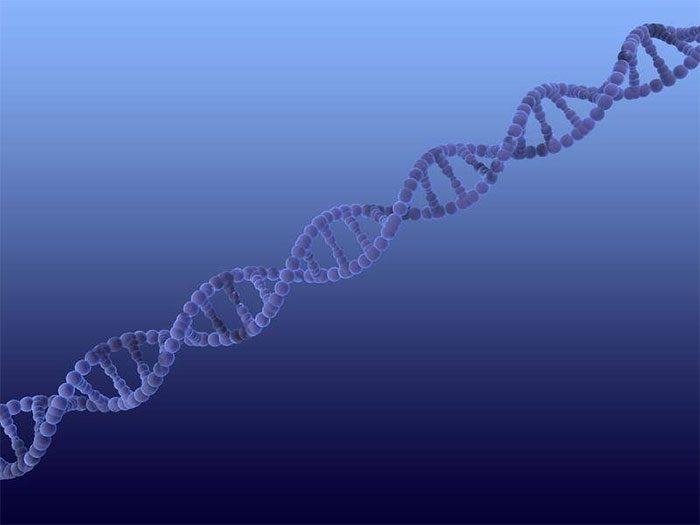Researchers in the United States announced on August 23 the first complete sequence of the human Y chromosome. The Y chromosome is one of the two sex chromosomes in humans and is typically passed from father to son.
This is the final chromosome out of 24 in the human genome that has been sequenced.
Humans have a pair of sex chromosomes in each cell. Males possess one Y chromosome and one X chromosome, while females have two X chromosomes. There are also some exceptions.

Researchers have announced the first complete sequence of the human Y chromosome. (Image: AP).
The genes on the Y chromosome govern crucial reproductive functions such as sperm production and are even associated with the risk and severity of certain cancers. However, this chromosome has proven difficult to analyze due to its particularly complex structure.
Dr. Arang Rhie, a scientist at the National Human Genome Research Institute and the lead author of the study, stated that new sequencing technologies and computational methods have provided the first complete insight into the genetic code of the Y chromosome, revealing over 50% of its length that was previously missing from the genomic map.
The complete sequence of the X chromosome was published in 2020. However, until now, significant gaps remained in the Y chromosome segment of the human genome.
Ms. Monika Cechova, a genomic researcher and co-author of the study, emphasized: “This is particularly important because the Y chromosome has long been excluded from many studies on human diseases.”
Dr. Cechova further noted that the Y chromosome is the smallest and fastest-evolving chromosome in the human genome. It is also the most repetitive chromosome. This means that its DNA contains segments that are repeated many times.
The study recently published in Nature also revealed characteristics of Y chromosome regions related to health, including a segment of DNA containing several genes associated with spermatogenesis. According to the researchers, a more comprehensive understanding of the Y chromosome genes holds promise for practical applications related to fertility.
“Many of these genes are crucial for reproduction and fertility, especially in the sperm formation process, thus being able to catalog normal variations as well as occurrences, such as infertility, could be beneficial for IVF (in vitro fertilization) as well as deeper studies on the function of these genes,” Dr. Cechova pointed out.
In addition to identifying more Y chromosome genes, researchers also discovered that some DNA from this chromosome had been misidentified in previous studies as natural bacteria.
Scientists are striving to expand their understanding of human genetics. The first record of the human genome was published in 2003. The first complete human genome—although only partially for the Y chromosome—was published last year.
In May, the research community announced a new version of the complete human genome to better reflect the global population of 8 billion people.
The complete gene sequence of the Y chromosome will continue to be added to this genomic map.
Dr. Cechova stated: “Now we have a formula for how to assemble the complete Y chromosome and can translate it into a personalized genome in the future.”



















































